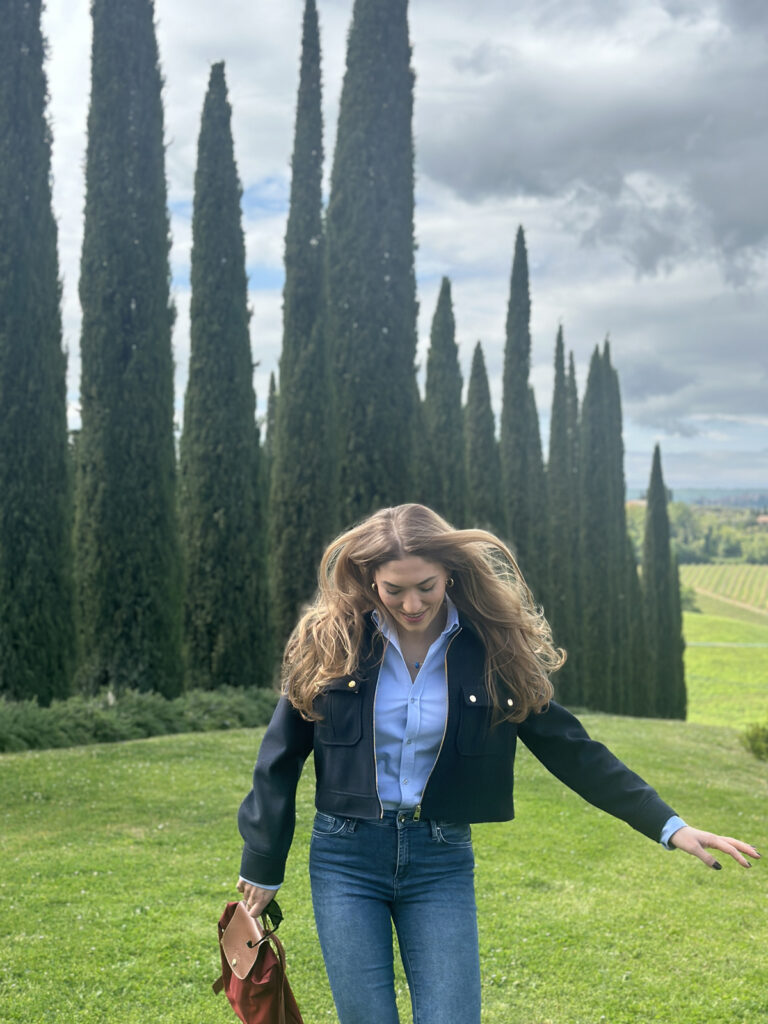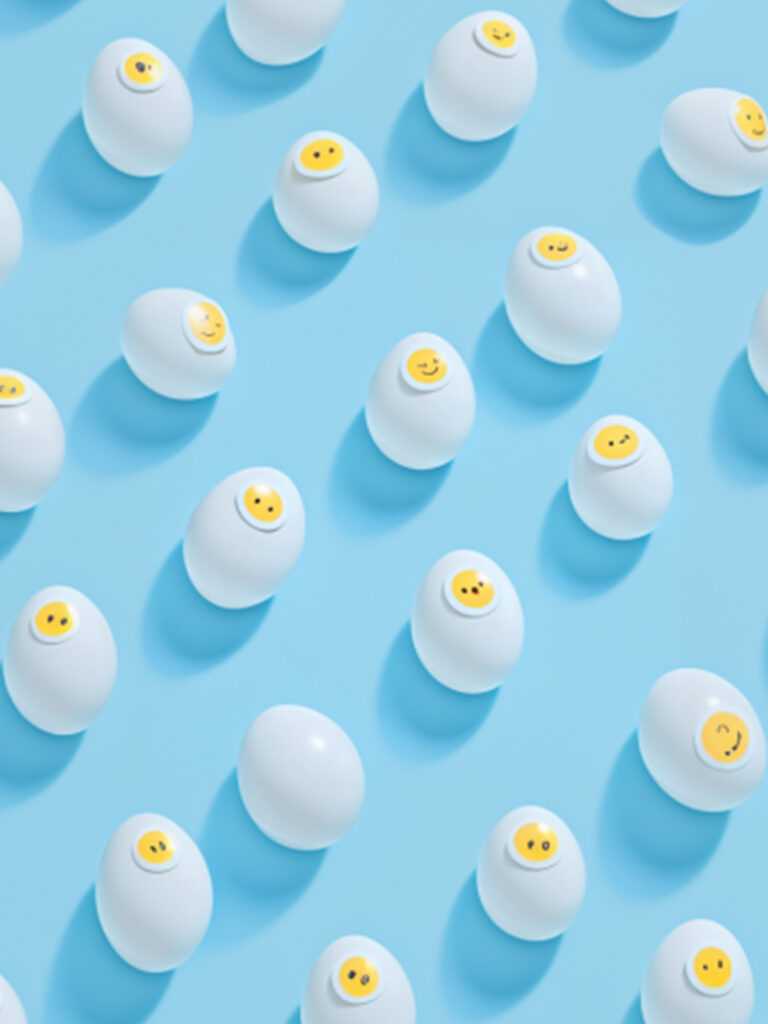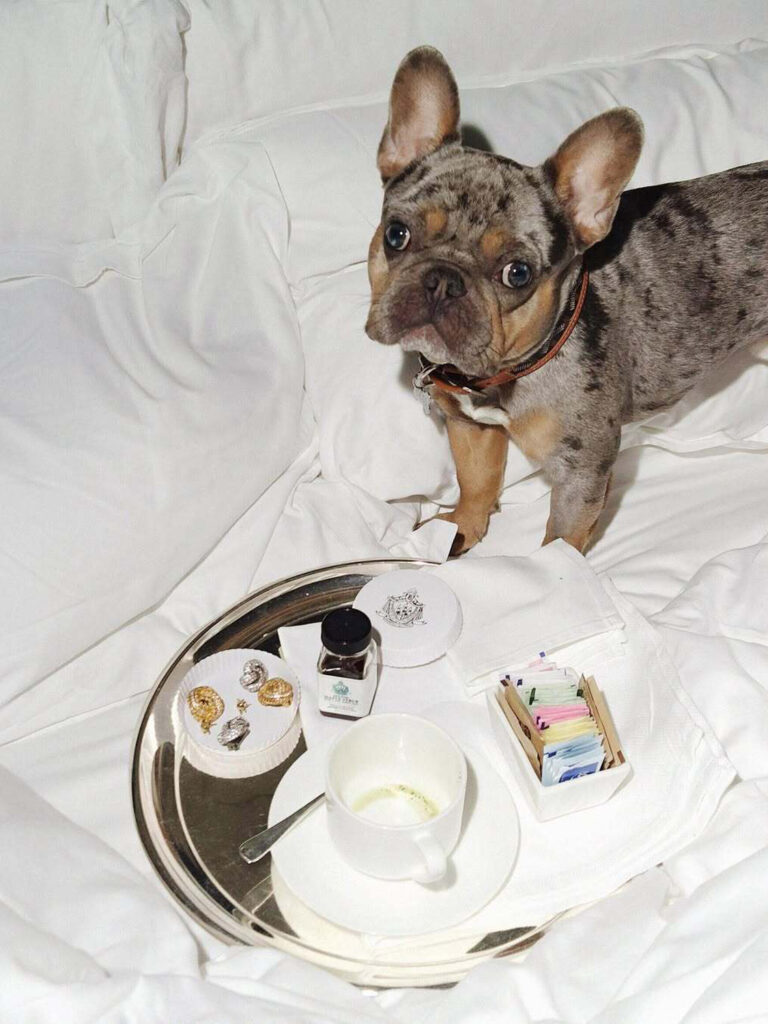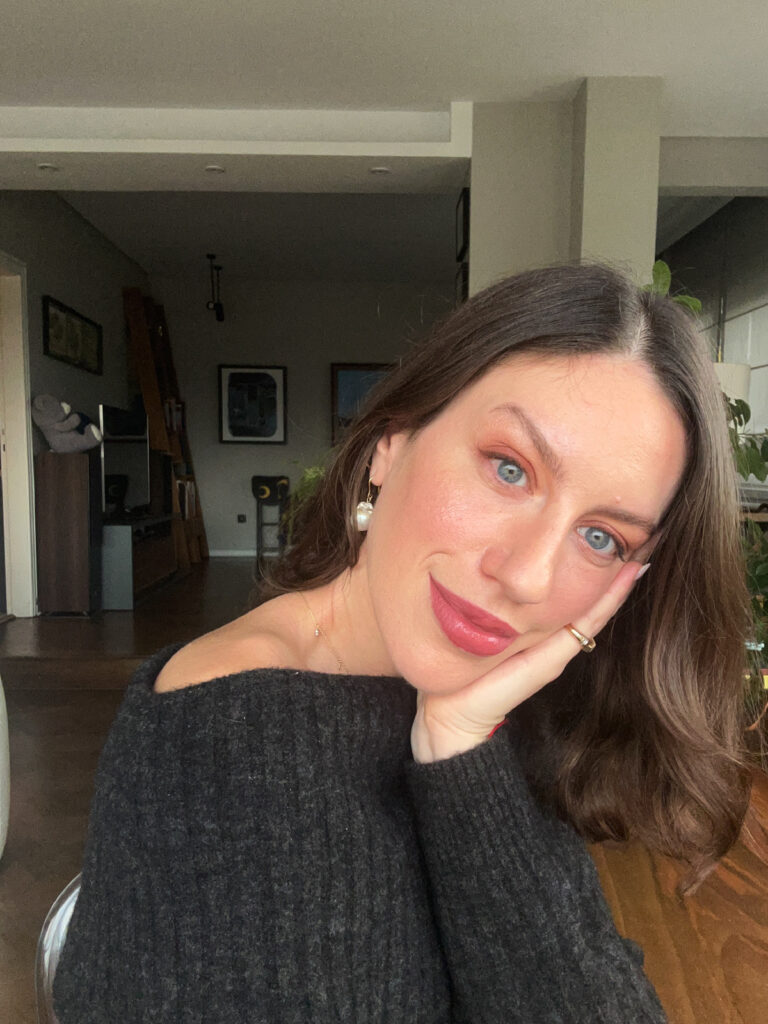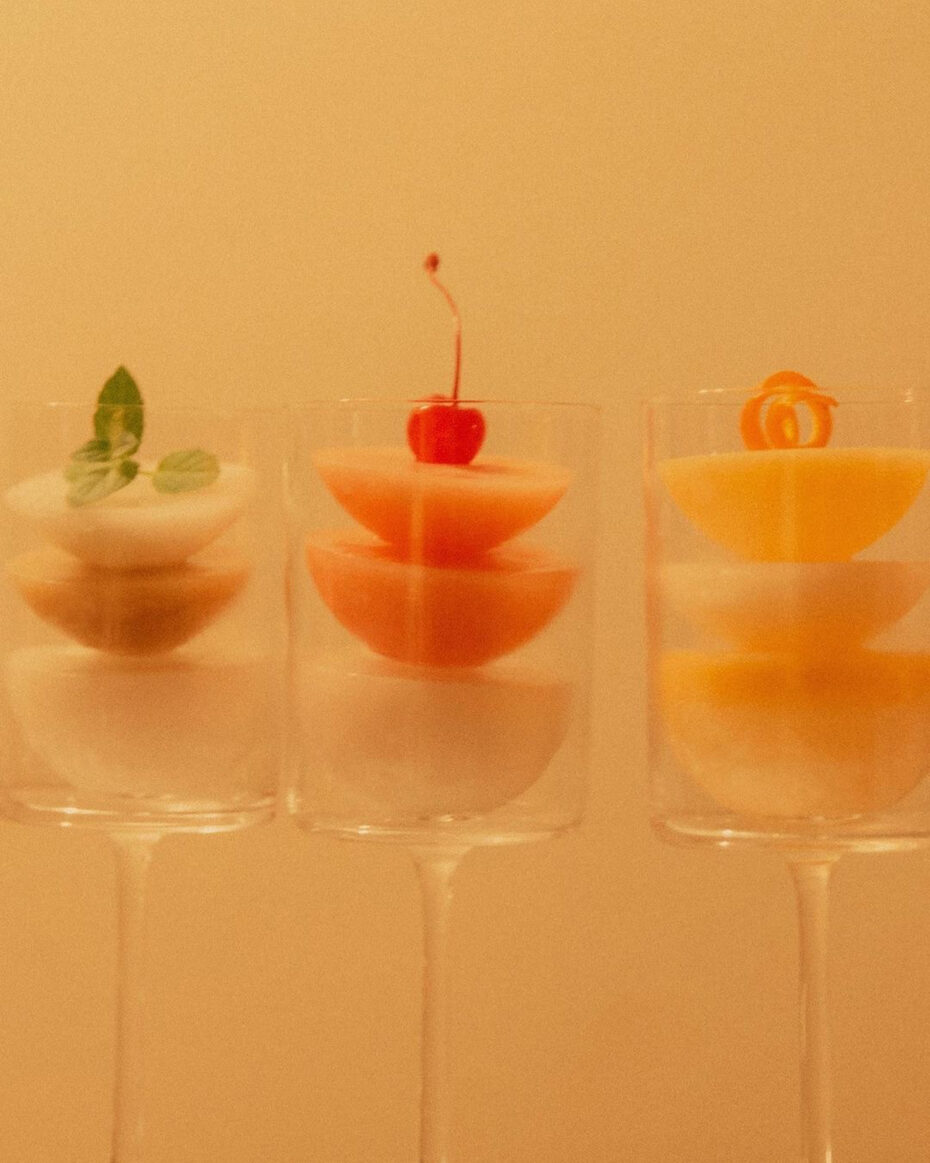
Photo: Disco Cubes
Stories
The Alcohol Delusion
Dry January is over and it seems more people than ever took part in the yearly alcohol-free post holiday trend. Ditching booze has tons of benefits including increased energy, better sleep, weight loss and more. Gen Z is drinking less alcohol than any other generation. Welcome to the sober curious movement.
Text Esen Boyacıgiller
Alcohol is having a moment of reckoning. ‘Sober curious*’ is in. Gen Z (11-26) is drinking much less alcohol than all other generations. Only 18% of those aged 21- 26 report drinking regularly. And where America goes, the rest of the world follows, in social trends at least. The non-alcoholic (NA) beverage industry is exploding with NA shops popping up in London, The US and Amsterdam. And it’s not just strict abstinence. Lower ABV (alcohol by volume) drinks are also on the rise, now appearing on many drink menus. Many cities even have fully non-alcoholic bars like Hekate Cafe & Elixir Lounger in NYC’s East Village.
Why are people drinking less? What’s so wrong with a few glasses of wine after a long day of work?
Let’s start with the dreaded hangover. Tired, irritable, starving, tearful, hangxiety – oh, that’s just me? The first drink causes a rise in dopamine but what goes up, must come down, which causes a drop in mood the following day. Alcohol is dehydrating, and most of us are not hydrating properly while drinking, which is partially the cause of your pounding headache the following day. Let’s say you have a pretty nasty hangover once a week, those wasted days add up to 52 days in one year; almost 2 months of your year spent feeling like garbage.
And what about the empty calories? Alcohol has no nutritional benefit and is considered ‘empty’ calories. It is often not accounted for by those trying to be healthy. If I had a penny for everytime a client bemoans about not being able to lose weight, only to tell me they are consuming 5+ drinks per week, you know the saying. Most drinks clock in at a minimum of 200 calories, not to mention the sugar. Who of us is having just one drink? A few nights out a week can easily add up.
Alcohol is a toxin, so when ingested your body prioritizes removing it from the body. It lowers our inhibition, causing us to sometimes do silly things we might not otherwise, like kiss a stranger or eat a kebab at 1am. If you happen to be eating while drinking, your body stores the food you are eating as fat and works on eliminating the alcohol and this continues for hours after you finish your last bite.
Alcohol consumption in Turkey is not that high, being the lowest in Europe, most likely because many Muslims abstain. Only about 15% of the population drinks regularly (compared to America where 63% report drinking regularly). However, in certain circles, that rate is surely higher.
Alcohol also affects mood and post-pandemic mental health conditions are on the rise. Those with mental health conditions like bipolar, anxiety and depression are more likely to consume alcohol, often using it to regulate mood. 1 in 3 people with major depression also have alcohol use disorder (the new more politically correct term for ‘alcoholic’). Alcohol is like throwing gasoline on the fire for those with mental health issues.
I’m not even mentioning those with actual alcohol use disorder. Alcoholism is a progressive disease. You may start out having a totally ‘healthy’ relationship with alcohol and find yourself drinking more in volume and more often as the years go by.
And for these myriad of reasons, people are drinking less.
I took a break from alcohol in 2021 for 10 months. It was life-alerting, truly. It all started with Ruby Warrington’s book, ‘Sober Curious.’ Warrington makes a case for cutting back or completely eliminating alcohol for many of the reasons stated above. Her gentle approach piqued my interest. I was tired of the hangovers, overweight and to be honest, stuck. I found myself in situations I never would have had I not been under the influence. Alcohol gives us tunnel vision, and we lose perspective, which is why fighting a girl in a bar for cutting the line for the bathroom seems completely rational.
I have always identified as a ‘party starter’. Someone that brings energy and fun to social environments. I care a lot about being charming and funny. One of my goals for 2024 is reminding myself that I am not a clown and that it is not my job to entertain people. When I stopped drinking, I had a bit of an identity crisis. Ernest Hemingway once said, ‘I drink to make other people more interesting’ and I could not relate to anything more. I realized I drank often to tolerate social situations and people I didn’t want to be around sober. Even typing this sentence out makes me cringe. I found myself going out less at night because drunk people are annoying. They repeat themselves. I noticed how ugly people became as they drank more. As the evening would progress, friends would slur their words and become disheveled, which of course, meant, so would I when I drank. I was horrified! Is that what I look like when drunk?
I struggle with an eating disorder and alcohol was a gateway drug to my binge eating. The first time I remember binging was in college when I came home wasted and ate a huge bag of stale chips. Over the last 20 years, I developed a habit of drinking then binge eating. The alcohol lowered my inhibitions and allowed me to engage in this destructive behavior. My binge eating reduced significantly when I stopped drinking. I had better self-control and lost weight.
I had more energy of course. Not having a hangover never gets old. I loved going out with friends at night and knowing they would wake up feeling terrible but I wouldn’t. A sort of alcohol schadenfreude if you will. It wasn’t that I wanted my friends to suffer; but knowing I used to be right there with them, gave me a sense of pride.
I’m single and used to go on many dates, get drunk and think I was having fun, imagine a connection with my date, only to later find out, nope I was just drunk. My date, in the light of day, turns out, wasn’t that funny, or smart or charming. I went on a number of sober dates during my sober experiment and found it much easier to weed out the losers while sober.
I still partied with friends. I maintained that I was more fun drunk because my mood remained cheery rather than the Russian roulette that would occur while drunk (am I happy drunk Esen or tearful angry Esen?).
But after 10 months, I started drinking again. The first drink was a glass of wine at my birthday with friends, and the minute the wine touched my lips, I felt awful. There was a melancholy in giving up on something that had given me so many benefits. My body had also become totally intolerant and a headache immediately set in. I worried I would never be able to enjoy a drink again and have fun. I started drinking again because I missed the lightness of being tipsy. I missed the relaxation a glass of wine gave me. I told myself I would moderate and would only drink on special occasions.
Well that didn’t happen. I was quickly and furiously back to my old ways. January 2024 was my most ‘wet’ month in a long time. I kept a log and was horrified at how much I drank.
So here we are. Drinking again. I miss sobriety and envy people who don’t drink. Those 10 months were incredible and I learned so much about myself. I found a new ‘self.’ I highly recommend everyone take a break once in their life. I haven’t committed to sobriety yet…but I think it’s right around the corner.
Editor’s note: your writer stopped drinking again, shortly after writing this article.


